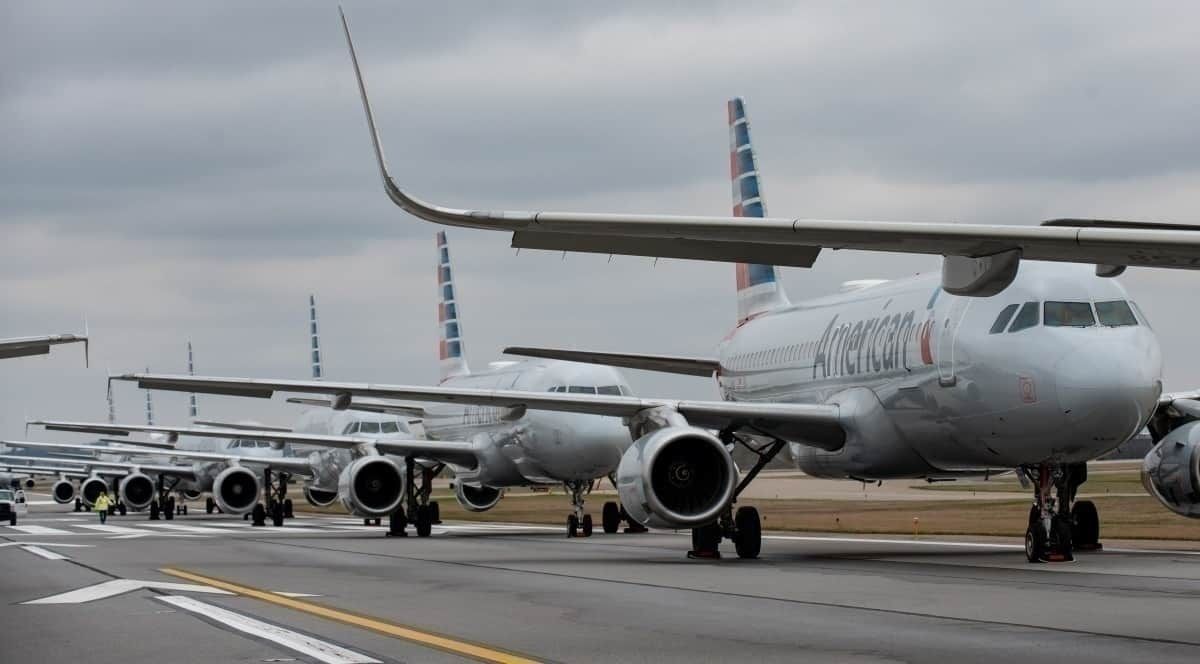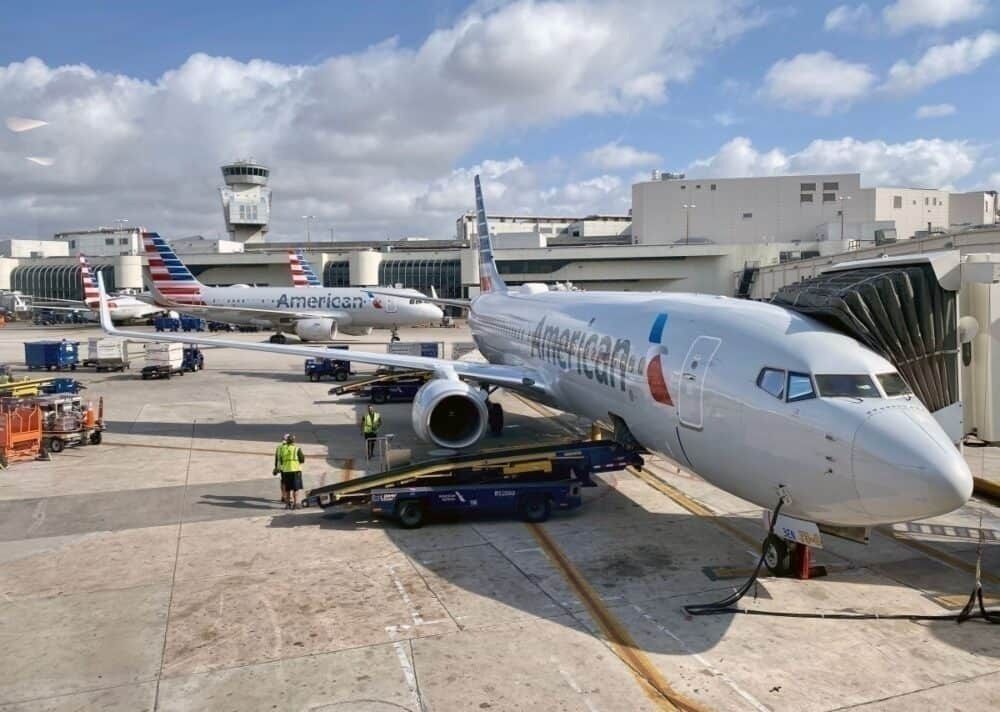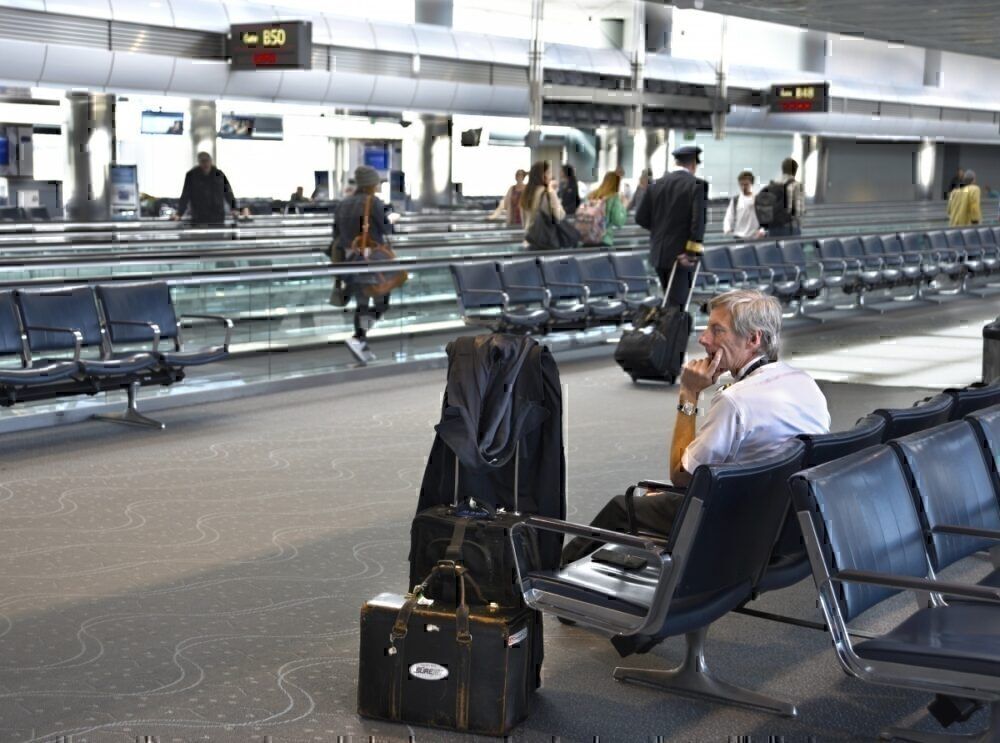Three of the largest United States airlines are introducing new voluntary leave and early retirement programs to avoid having to layoff more staff. As the impact of the virus continues to cause financial stress, Delta Air Lines, American Airlines, and United Airlines have announced new measures to try to avoid the need to furlough more staff in the fall. This week, the three airlines have said that a total of 100,000 employees have already accepted voluntary leave packages.
Why airlines want to avoid furloughing staff
Airlines around the world are currently walking a very fine line. On the one side, the sudden drop in demand for travel means that keeping all staff on the payroll is very expensive. With very little cash coming in, paying staff salaries is tough, and several airlines have already gone bankrupt. On the other hand, when restrictions lift and travel demand rises, airlines need enough staff to recover fast.
Airlines need to balance how many staff they keep and how many staff are furloughed. The three biggest US airlines have all introduced new programs this week to help retain key staff numbers high without furloughing too many staff permanently. An additional consideration for US airlines is that the terms of the CARES act proving loans to airlines says they cannot force staff to take job or pay cuts until October.
Delta’s retirement package
In response to the restrictions placed on them by the CARES act and the need to retain staff for recovery, Delta is offering an improved retirement package. Long-term employees who choose to retire early will receive a severance pay-out as well as health care and travel benefits. Delta’s CEO Ed Bastain tried to encourage staff to take up the offer by saying in a memo,
“Every voluntary departure helps to protect the jobs of those who most need them.”
Delta is also looking to retire some of its aging fleet. Obviously, fewer aircraft require less staff, and unions are preparing for a mass cull after the CARES act deadline passes. If not enough people take up Delta’s offer, October 1st could see a vast number of job cuts. Delta has said that those who take up the retirement offer will likely finish work on August 1st, giving the airline two months to make some very crucial decisions.
American Airlines plans for a smaller operation
American Airlines has this week joined Delta is trying to prepare staff for future cuts. Earlier this week, American said it would likely have to cut administration and management roles by 30%. This is no surprise as the airline is looking to retire around 100 aircraft and therefore needs to make necessary cuts.
The key to American’s plan is to thin out office staff while retaining pilots and cabin crew as long as possible. This means that when the industry starts to show signs of recovery, American will have the necessary staff to open up routes quickly. However, with fewer aircraft, they need fewer pilots. American is in discussion with pilots’ unions to talk about voluntary leave and retirement options for pilots.
Plans to bounce back
Many hoping that we would experience a sudden boom in travel are now losing hope. It is widely accepted that it will take several years for the aviation industry to recover. United CEO Scott Kirby confirmed at a conference on Thursday that they believe a “bounce-back is almost impossible.” As such, Kirby confirmed that the airline was looking to survive and not thrive right now. United is in talks with unions to encourage more employees to take up voluntary leave options.
There are no real signs of recovery just yet other than the rate of cancellations slowing. If a sudden upswing in bookings is not expected, then we will likely see more furloughs coming in the fall.
Do you think the airlines will have to make more cuts after the CARES deadline passes? Are voluntary options appealing enough to get enough staff to take up the offer? Let us know your thoughts in the comments.



